Post-Docs
Dr. Brecht Deseure
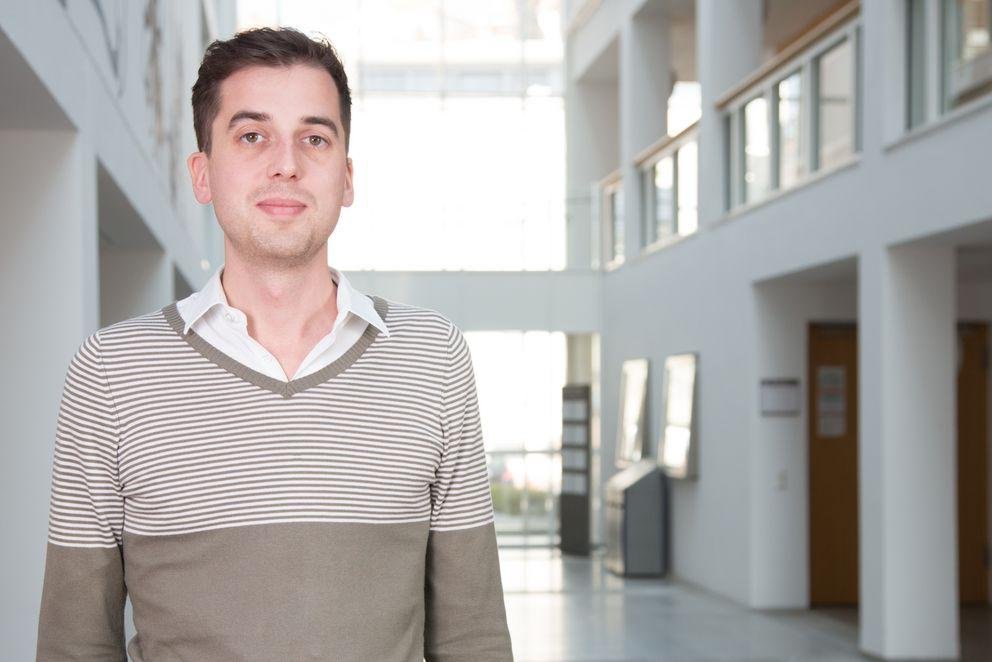
The international ReConFort-team is supported by the Belgian historian Dr. Brecht Deseure, who is also a research assistant at the faculty of law at the free University of Brussels. He argues that history is not objective, but something that changes with the needs of a society. What is considered as memorable – and what would they like to forget? He wrote his dissertation at the University of Antwerp about the political use of history during the occupation of Belgium by the French administration. The historian also sees room for interpretation and some flexibility in law and legal systems, even when its codifications seem static and claim to be transhistorically valid. Dr. Brecht Deseure considers this contradiction especially intriguing.
Despite cultural differences between the members of the research team, he recognizes many similarities with his colleagues and fellow European citizens. Although the histories of European states differ, the historian identifies a vast shared cultural and political heritage. The constitutional history in Europe illustrates this.
Dr. Giuseppe Mecca
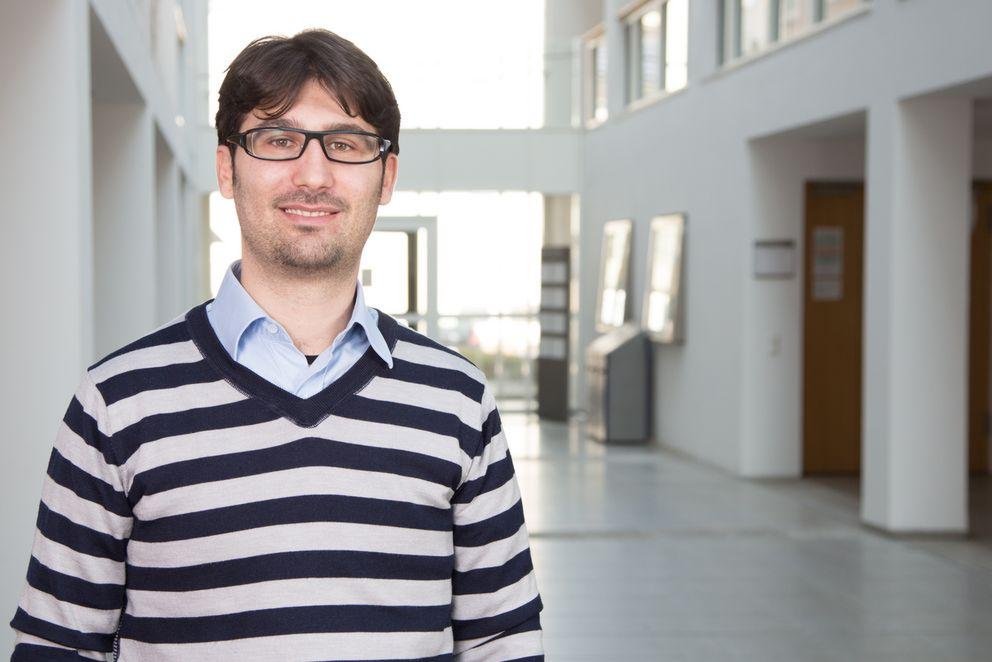
The moral and deontological rules of the judiciary, the dogmatic debate in cilvil law in the 19th and 20th century, constitutional law and comparative law, the history of tax law and history of the university – these are the topics which make the heart of Dr. Giuseppe Mecca (30) beat faster.
In 2011, he completed his dissertation with the titel “Iudex dicitur iustitia animata – The habitus of the judge in the modern age” at the University of Macerata and went on to work there as an assistant professor of legal history.
He is already well acquainted with Germany as a research location, because he worked several times at the Max Planck Institute for European Legal History as a visiting lecturer.
In the context of the ReConFort-project, he would like to learn more about the interconnectedness of constitutional events in 18th and 19th century Europe. He considers the interdisciplinary work of the legal scholars enriching, because he believes that “if you want to gain something for the future, it is necessary that jurists, historians and sociologists work together”.
Prof. Dr. Antonio Sánchez Aranda
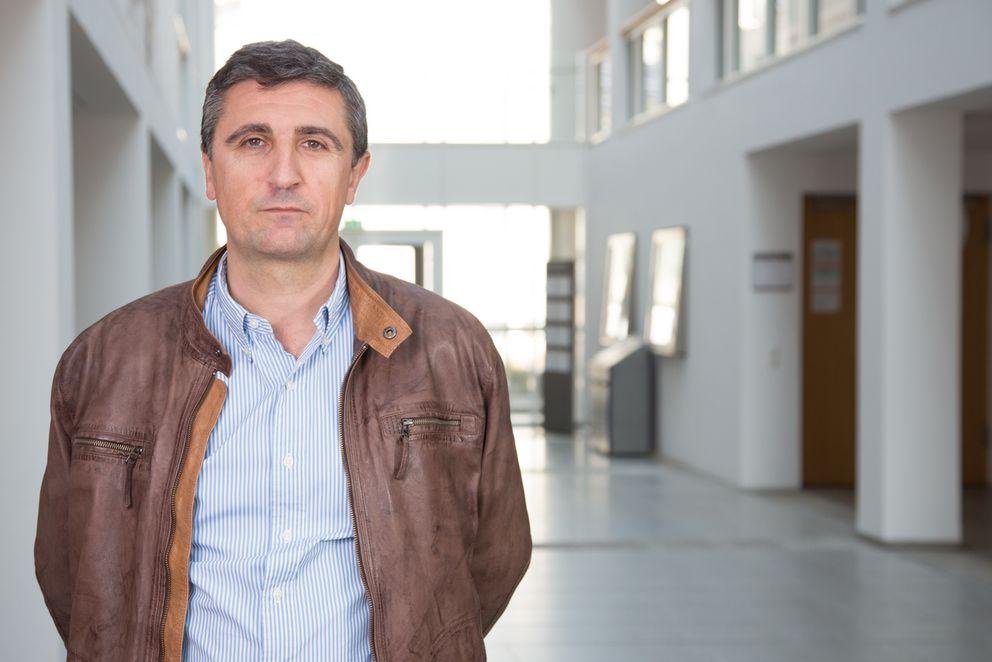
From Spain, Prof. Dr. Antonio Sánchez Aranda from the University of Granada joins the group of post-docs and will be devoted to the Spanish Cortes (1810 – 1812). As legal historian, he has specialised in the history of the procedural law, the history of administration of justice, the history of private and constitutional law, as well as the history of comparative law and the history of legal ideas. His doctorate dealt with the rights of appeal of the second request in the Castilian law („El recurso de segunda suplicación en el Derecho Castellano”). In his contribution to the book “Vom Diener des Fürsten zum Diener des Rechts - Zur Stellung des Richters im 19. Jahrhundert“ he showed the procedural possibilities of legal protection according to the example of the Spanish consitution from 1812.
He is looking forward to the collaboration with Prof. Ulrike Müßig, because he appreciates the international visibility of legal historian research. He sees Passau as a very beautiful baroque town with a rich culture.
Dr. Anna Tarnowska
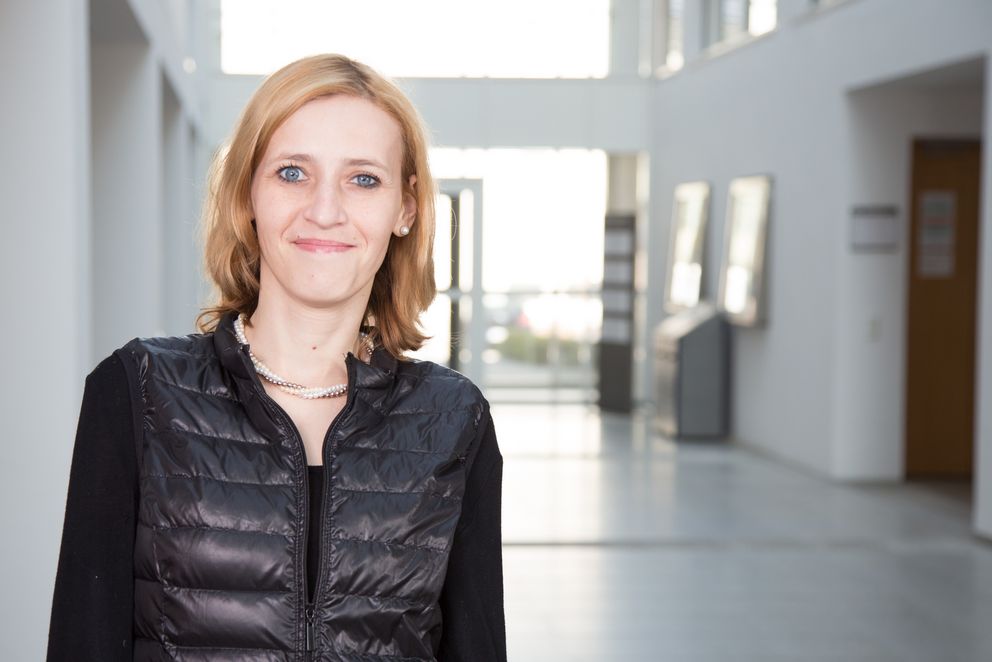
Dr. Anna Tarnowska’s main research interests lie in the field of historical influences of German law on the Polish legal system. Beforehand she worked as a research assistant at the chair for “German legal history in Poland” at the Nicolaus Copernicus University in Toruń (Poland).
In her dissertation, she examined the “Prussian legal regulation in the history of local administration in the Second Republic of Poland (1918 – 1939)”. In addition to numerous research stays abroad, she took part in international scientific cooperation. Most recently, she was a member of the research group “Legal cultures in Eastern Europe” at the “Max-Planck-Institute for European Legal History” in Frankfurt (Main), which deals amongst others with the administrative jurisdiction in Poland.
Within the framework of the ERC Advanced Grant, Dr. Anna Tarnowska will research the Polish Constitution of May 3, 1791 of the Polish Four-Year Sejm (1788-1792). This was an unprecedented step in the history of Polish parliamentarianism and led to unexpectedly successful legislation. She looks forward to working with her international colleagues.
Doctoral Students
Franziska Meyer
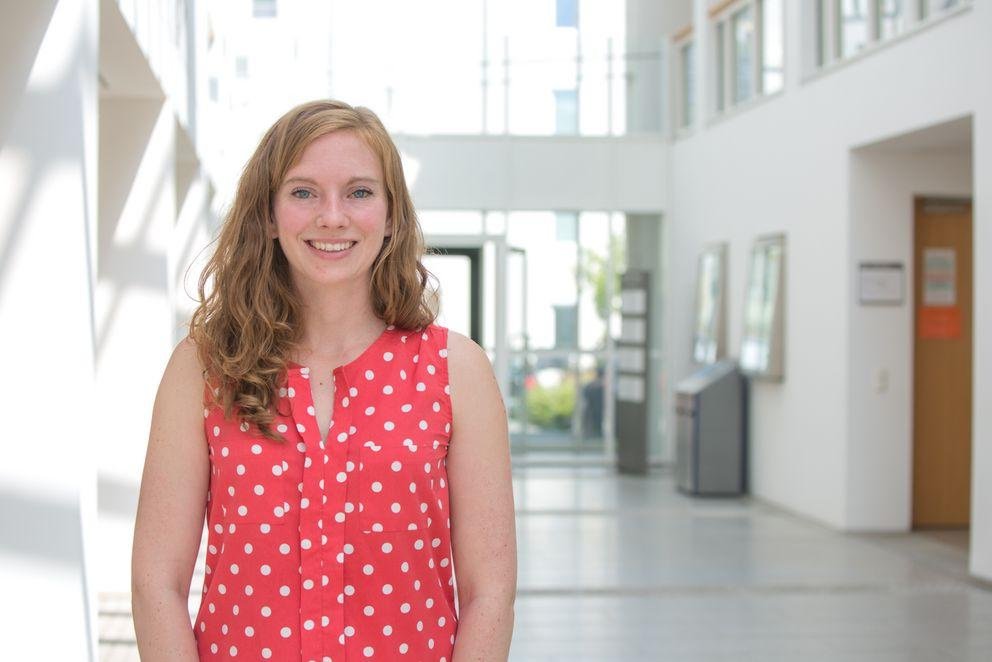
Franziska Meyer joined the ReConFort-team as a PhD-Student. For her doctoral thesis she concentrates on the Portugese constitutional developments, coincident with the Spanish Cadiz constitution. In her research for ReConFort she is responsible for the evaluation of the public media around the German "Paulskirchenverfassung" from 1848/1849.
Her main interests concern the comparative discourse analysis within the ReConFort project. She is curious to link historical constitutional processes in Europe and to make the interchange of ideas between contemporary constitutional protagonists visible. Franziska Meyer is fascinated by the wide-awake European public in the late 18th and 19th century that shaped discourses of authorities and "codified" political beliefs. Her commitment is aimed at the inspiration by the international research team and the exchange of ideas with her colleagues.
Joachim Kummer
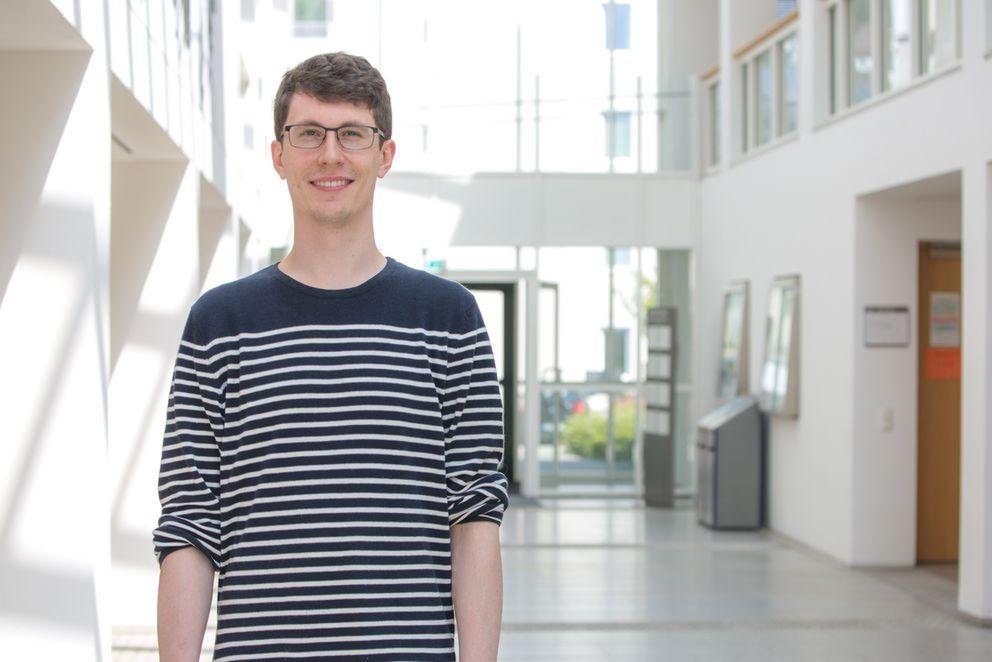
Joachim Kummer is part of the ReConFort Team since April 2015. Together with Franziska Meyer, he researches and evaluates the sources around the constitutional process in Germany during the Revolution of 1848–49. For him, the ReConFort project is the perfect opportunity to investigate the cross-border relations of the European constitutional movements during this period together with their diverse political and cultural aspects.
In his doctoral thesis he covers the so called Polish process from 1847 in Berlin, one of the largest criminal cases in the history of Prussia. There he examines the relation of high treason and constitution-making processes, as well as the Polish-German discourses on the peoples sovereignty, the right of revolution and their legal and political consequences.

